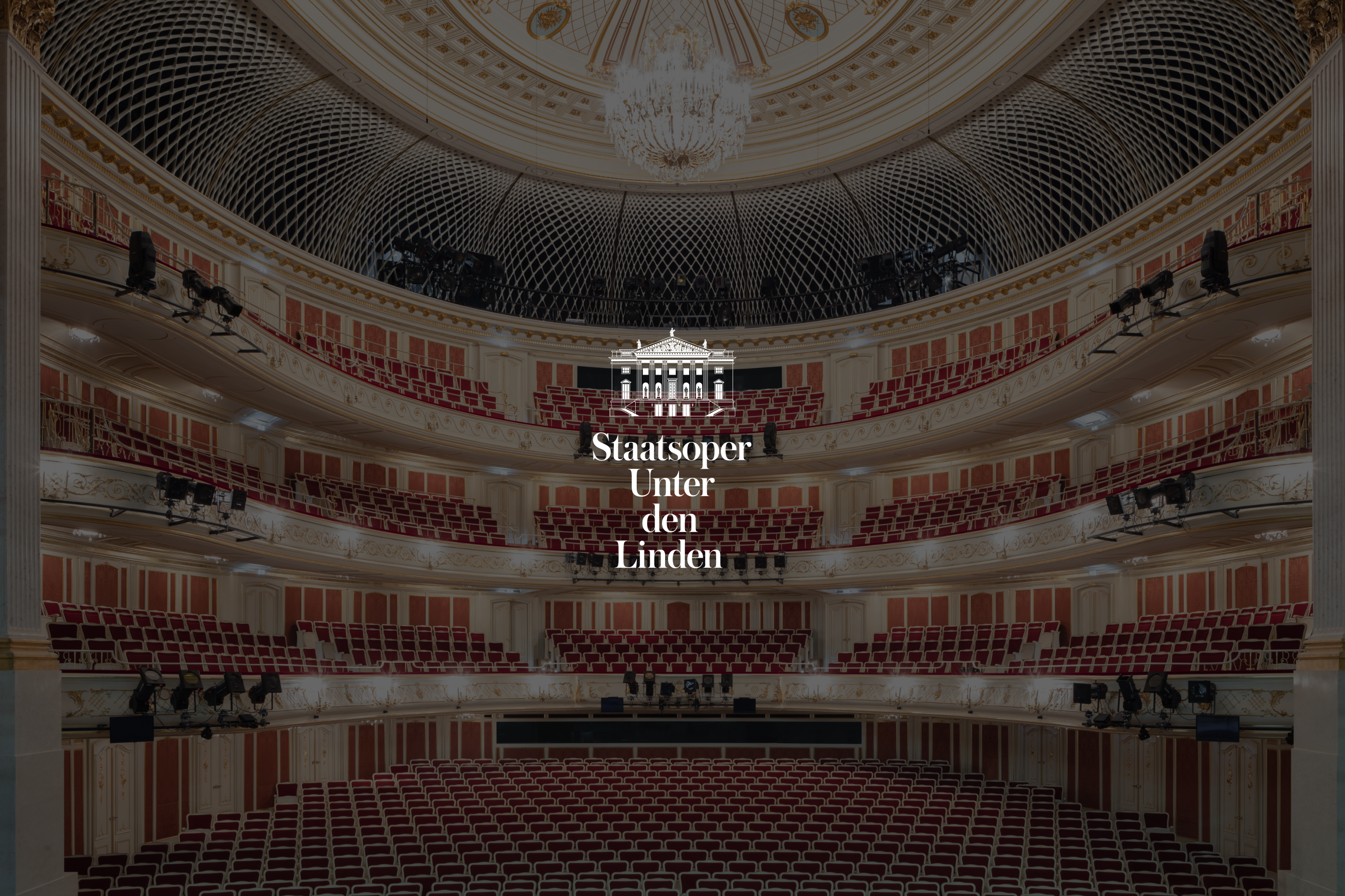Staatsoper Unter den Linden
Rusalka
Opera
Unter den Linden 7, 10117 Berlin
Antonín Dvořák

© Gianmarco Bresadola
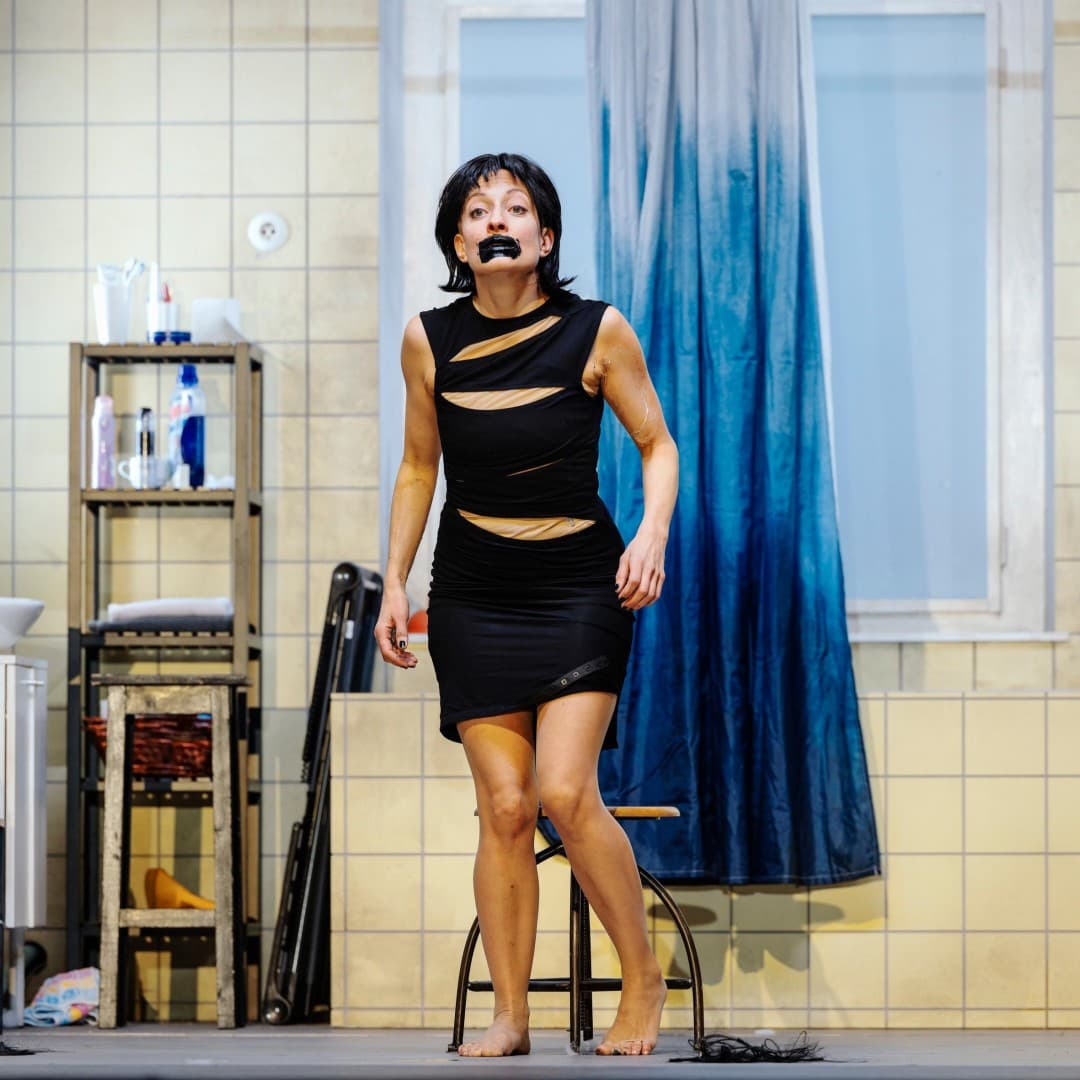
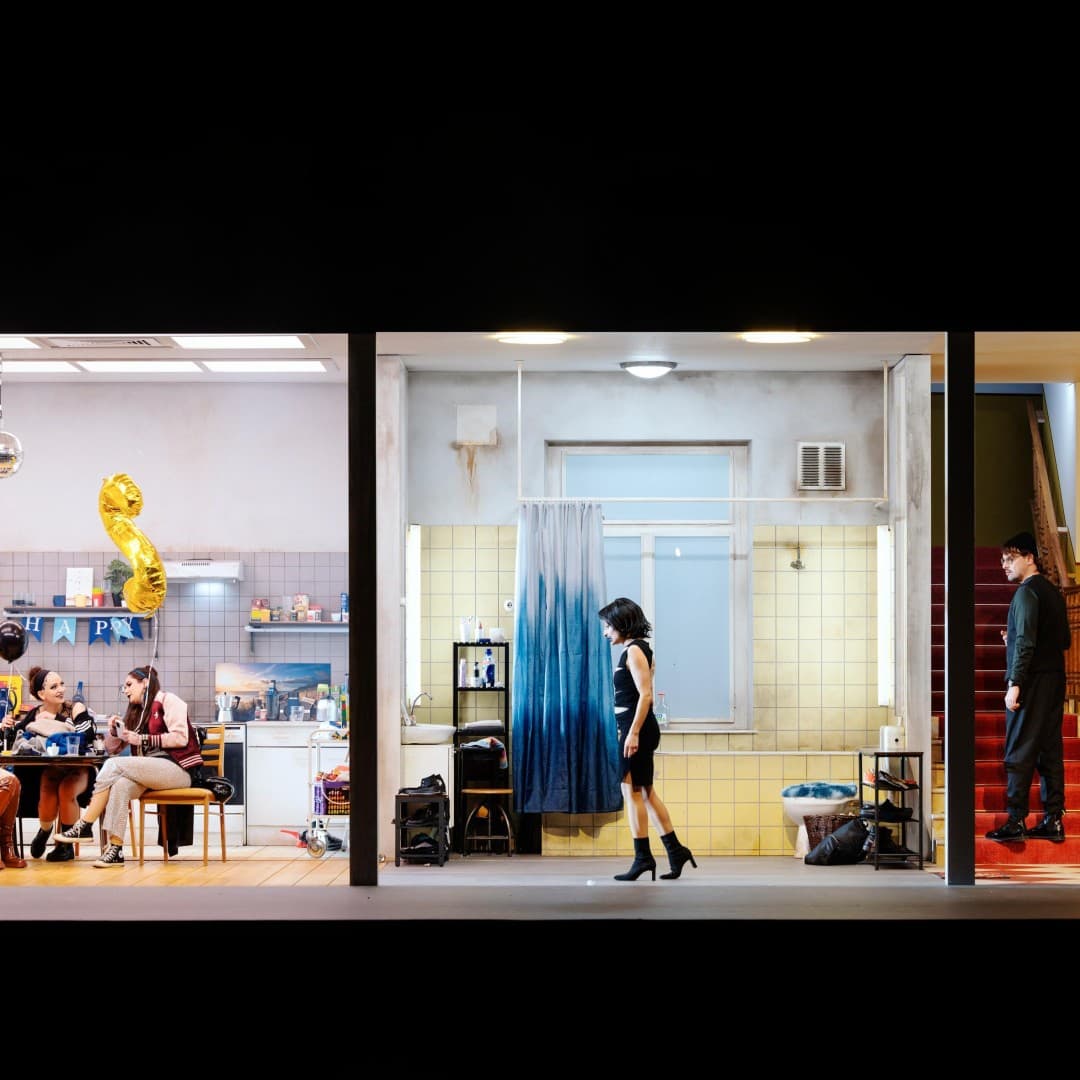
© Gianmarco Bresadola
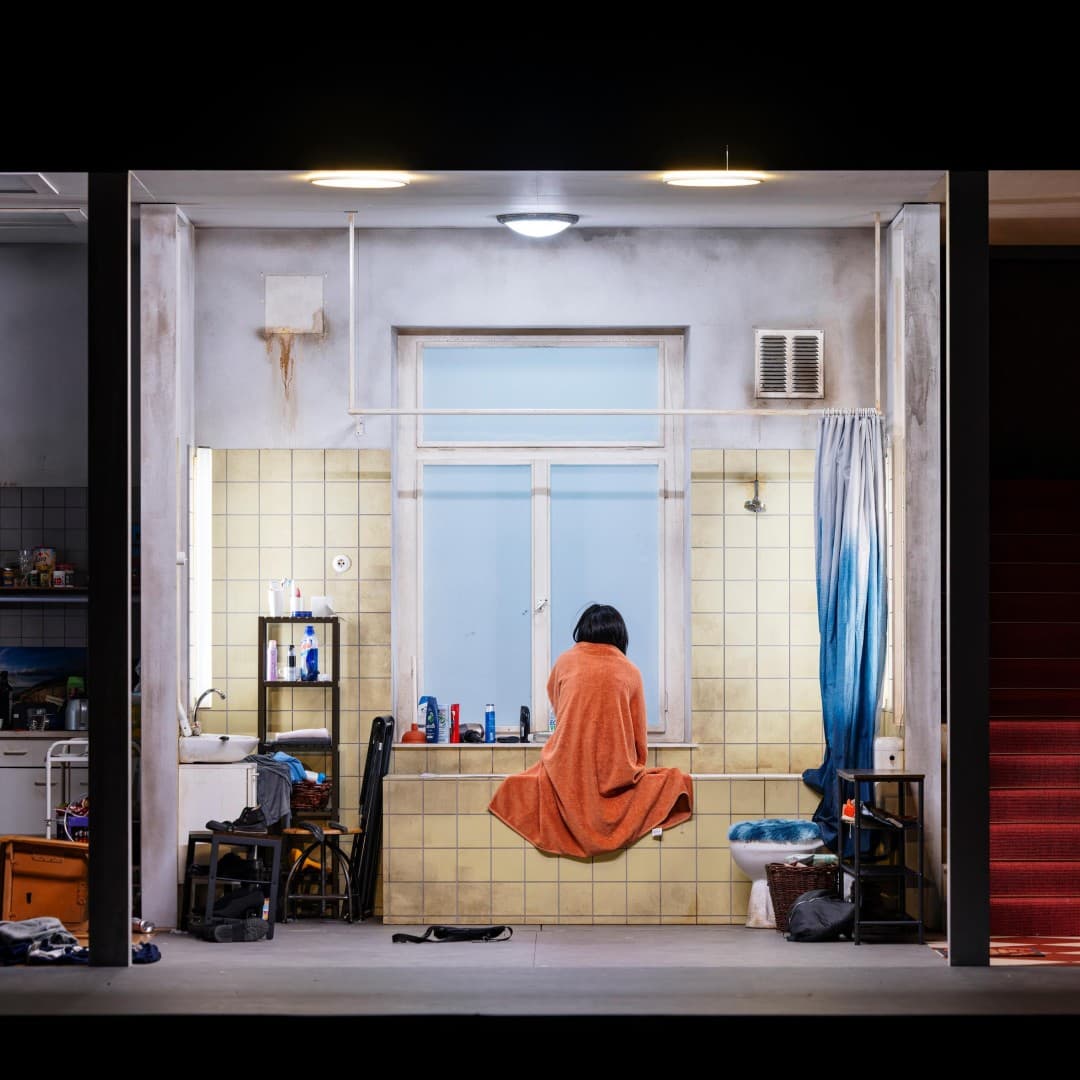
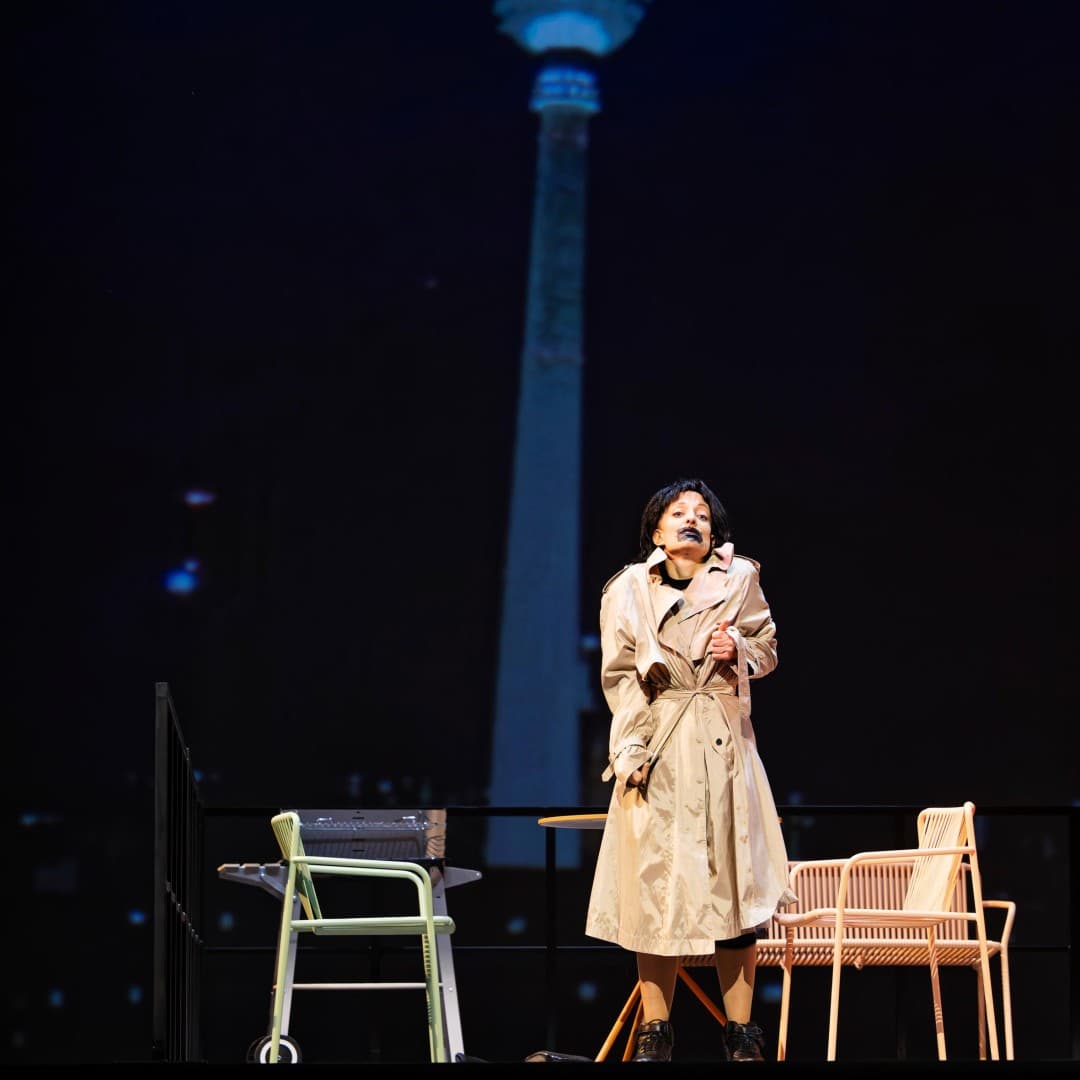
© Gianmarco Bresadola

© Gianmarco Bresadola
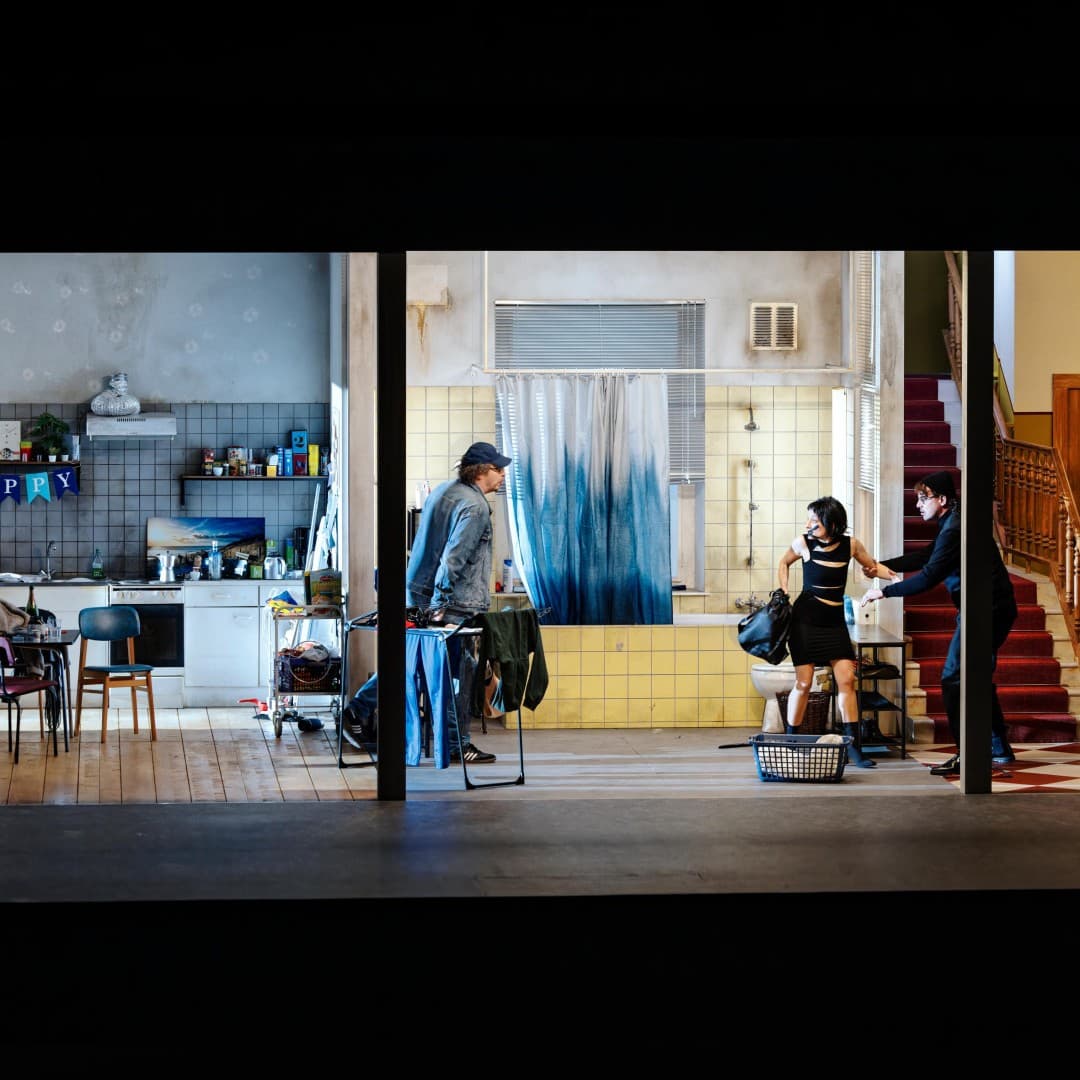
© Gianmarco Bresadola
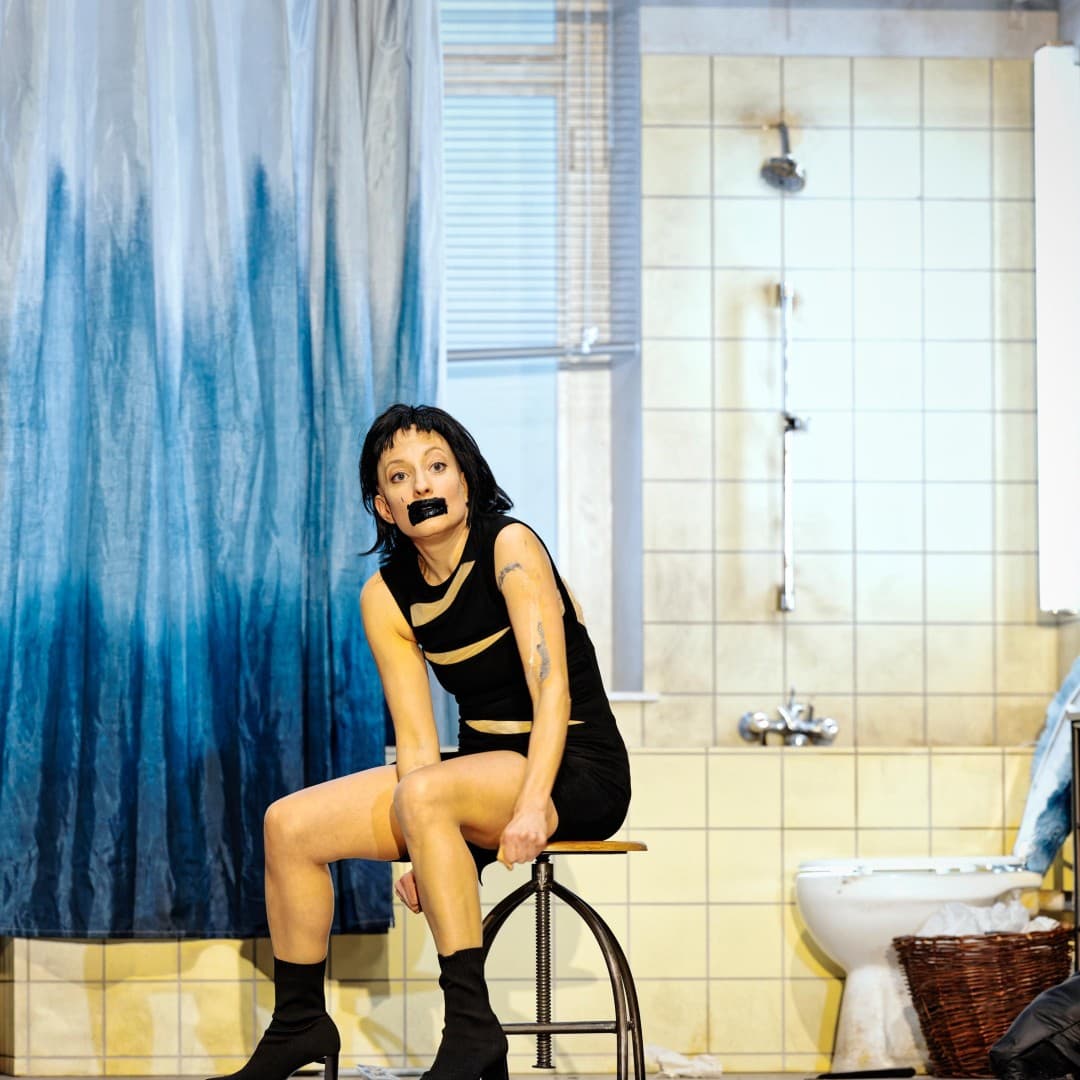
© Gianmarco Bresadola
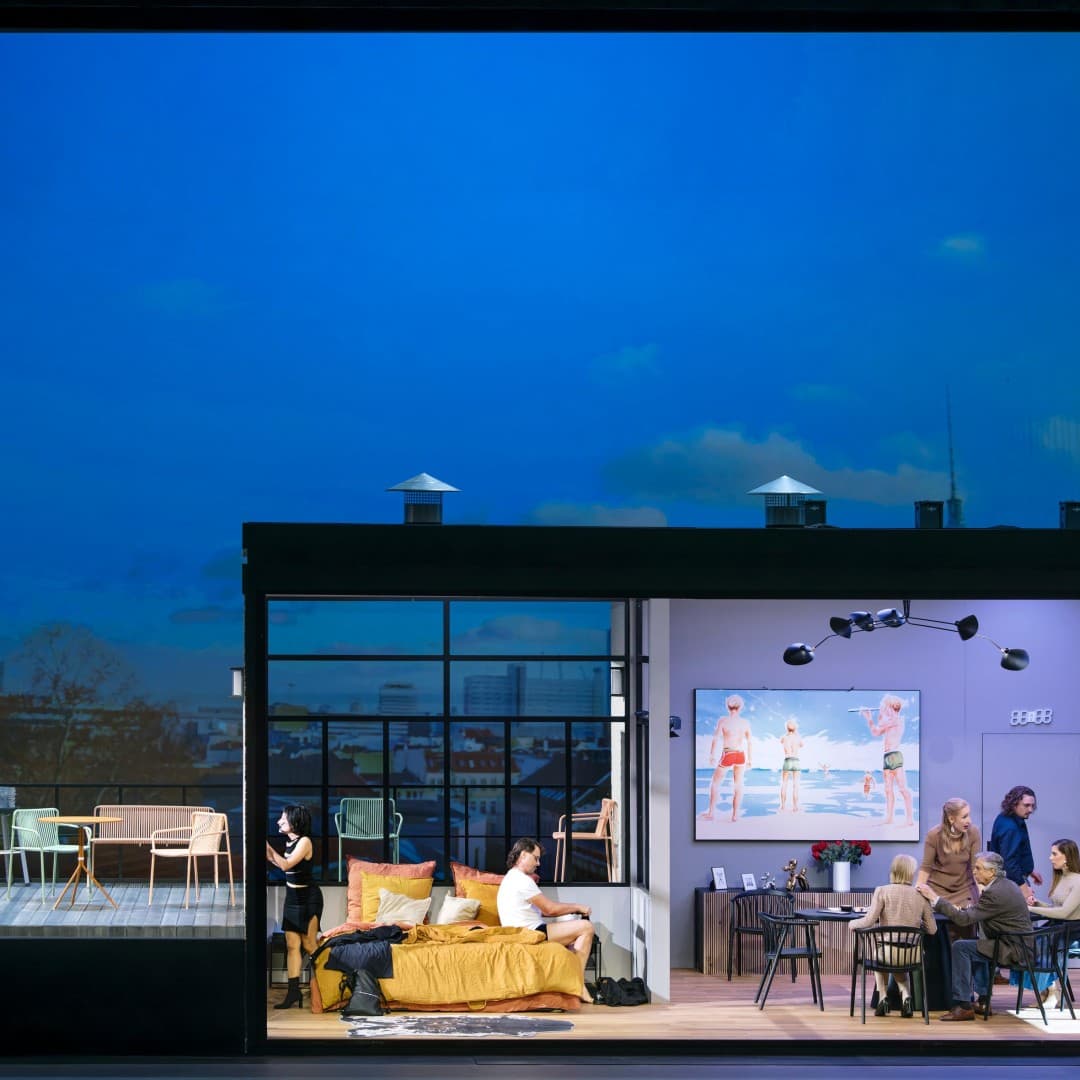
© Gianmarco Bresadola

© Gianmarco Bresadola
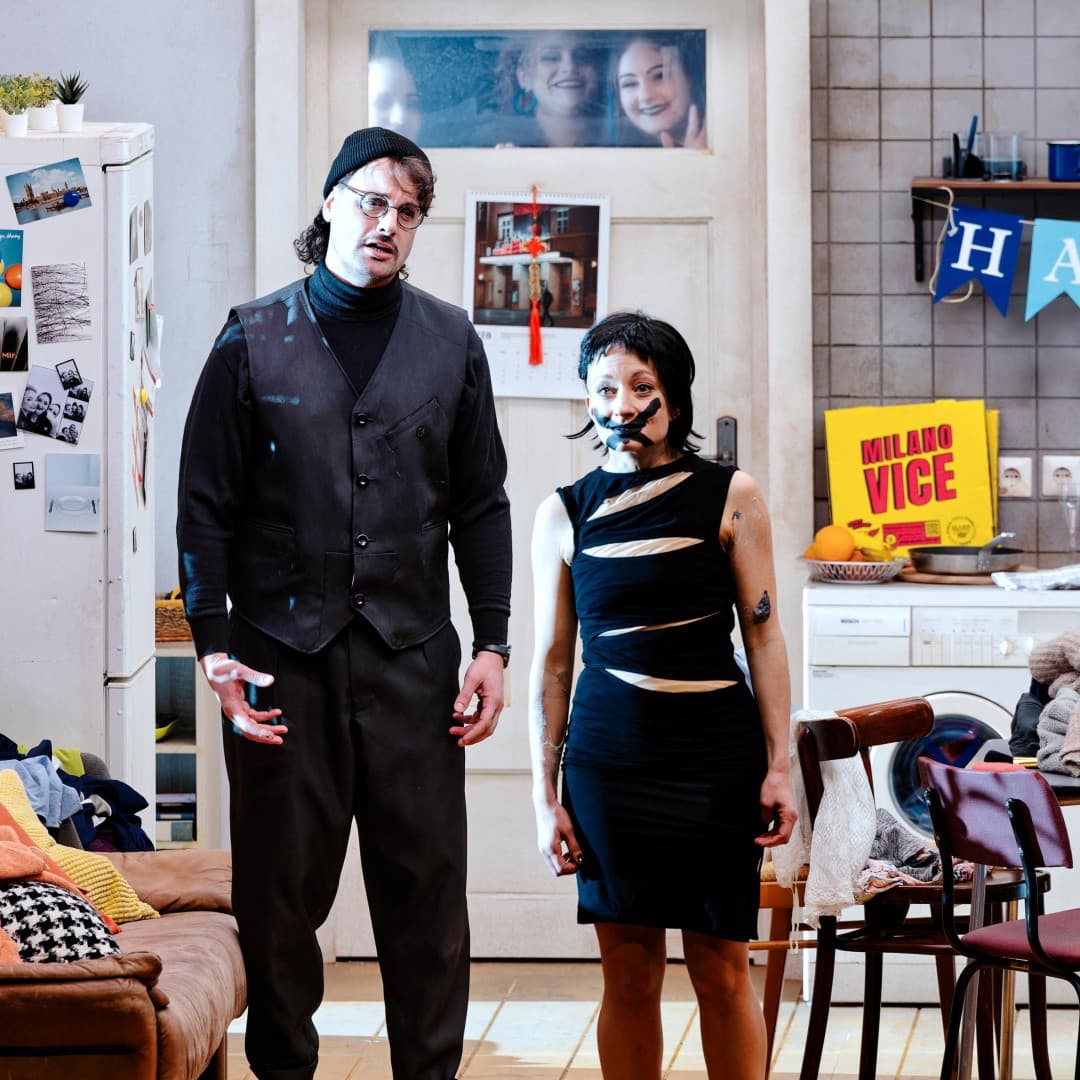
© Gianmarco Bresadola
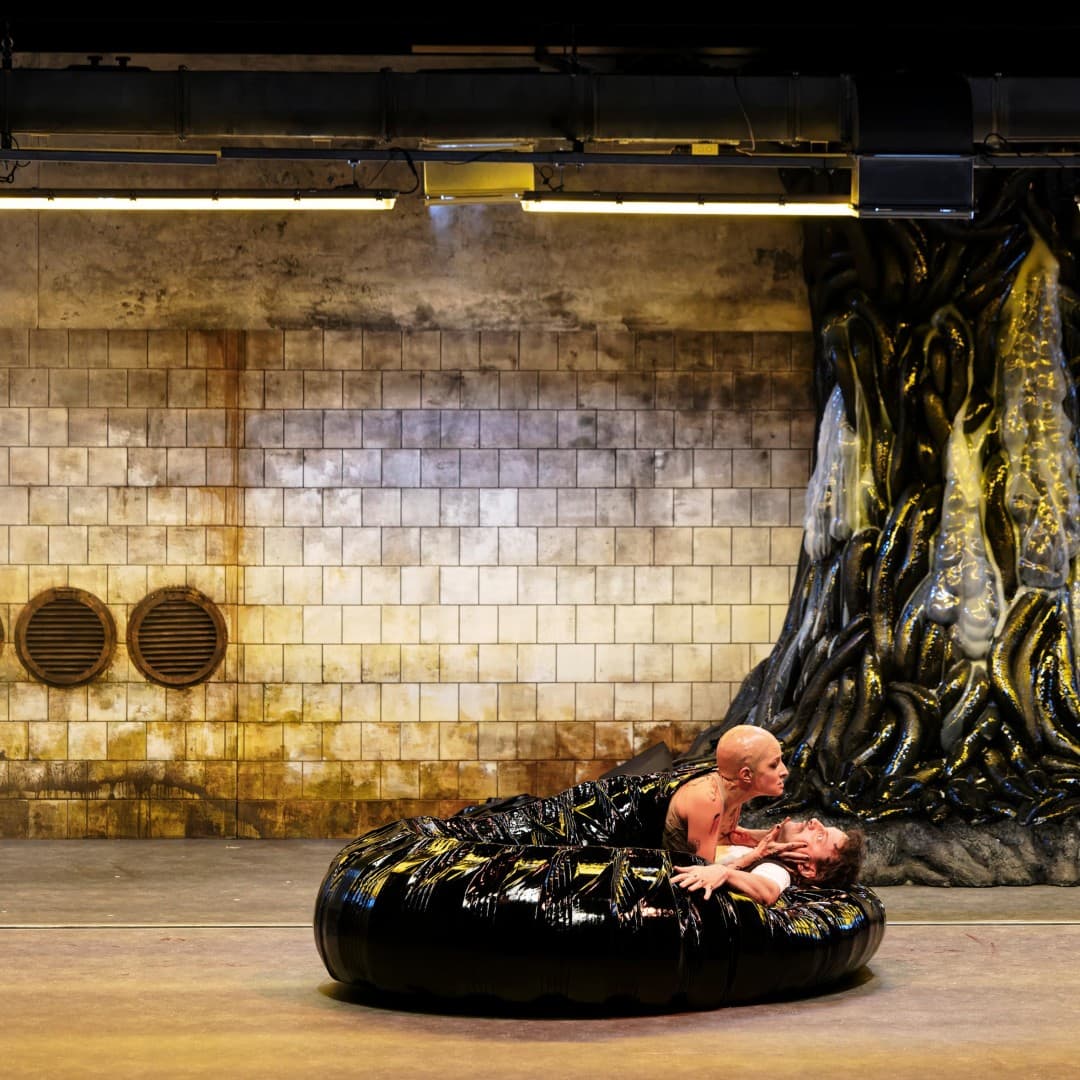
© Gianmarco Bresadola
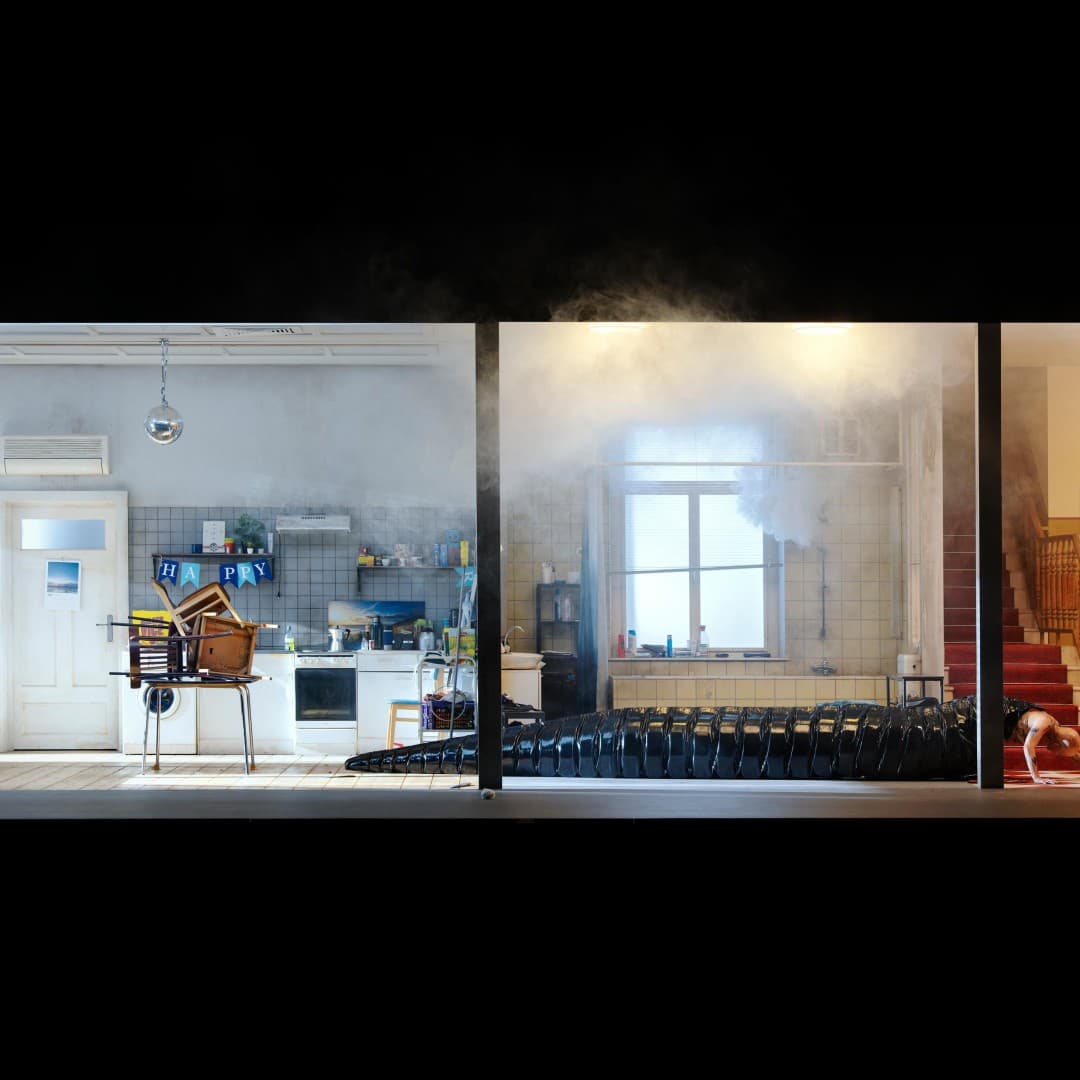
© Gianmarco Bresadola
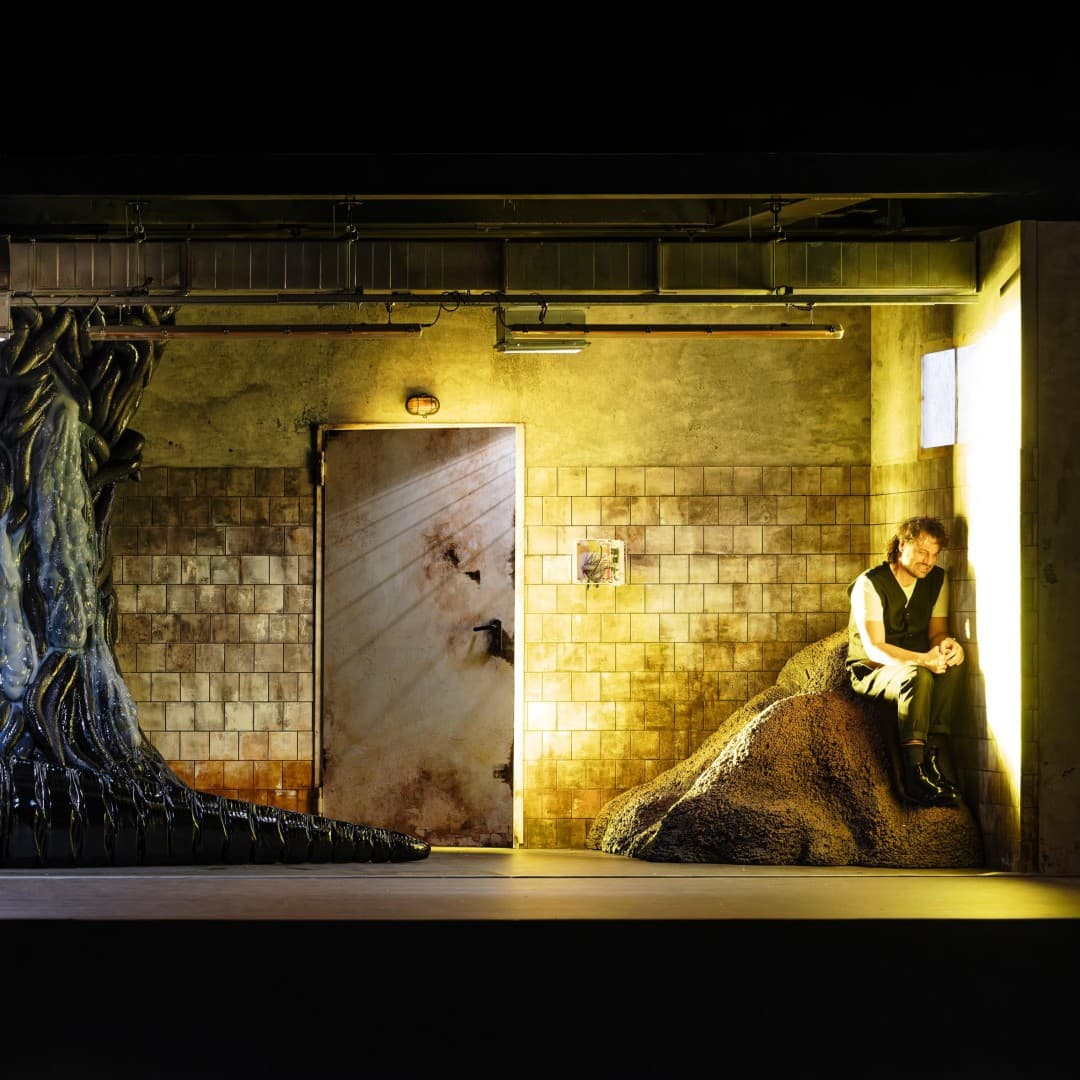
© Gianmarco Bresadola

© Gianmarco Bresadola
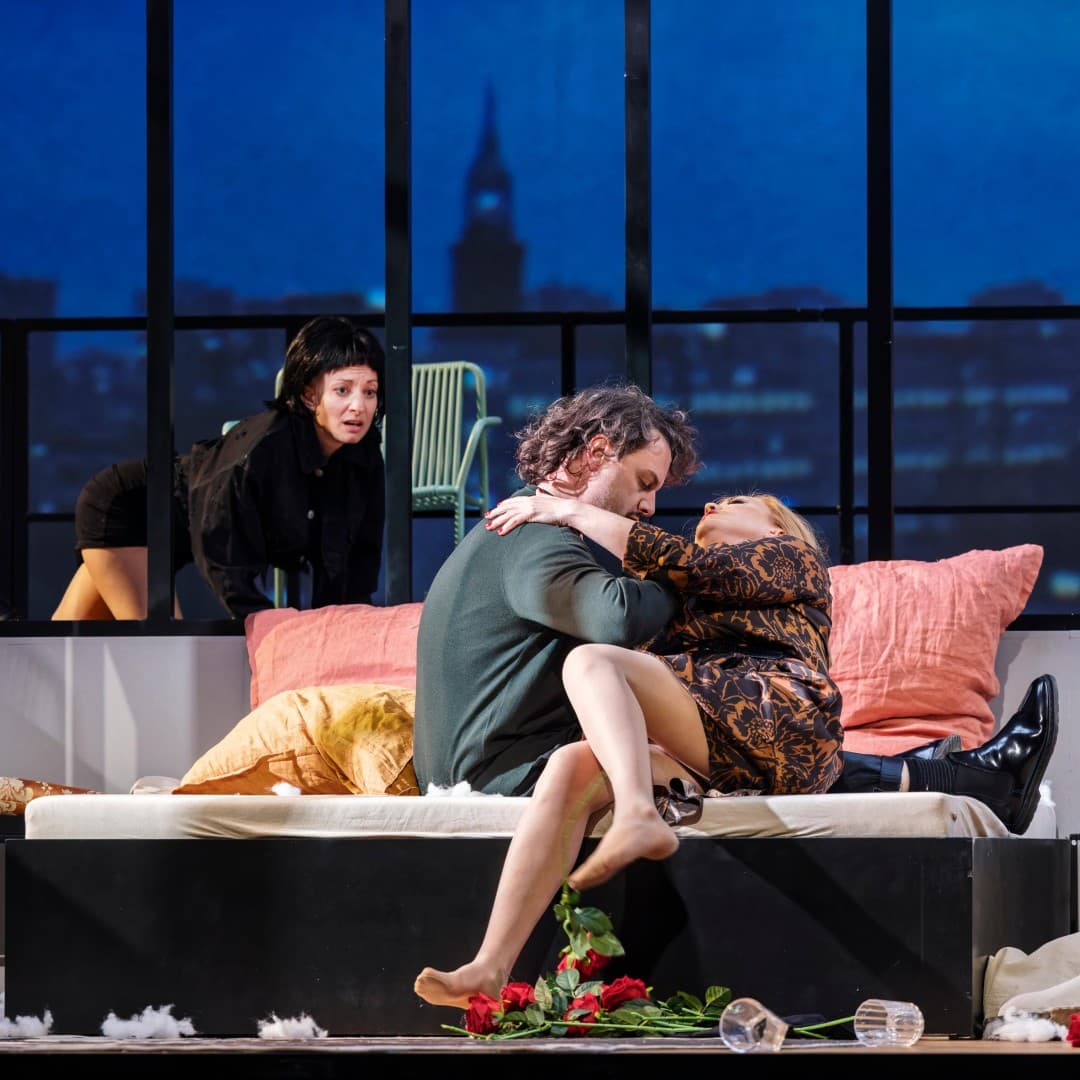
© Promo
Description
Rusalka, a water creature, has fallen in love with the seemingly unattainable prince. To find a place in his world and be close to him, she even gives up the power to speak and changes her shape. But can Rusalka live contrary to her nature? Can a love for which you have to deny your identity last?
Librettist Jaroslav Kvapil used various fairy tales and myths as a source for his psychological and symbolist text. Antonín Dvořák’s opulent and dazzling score, which turned out to be his first operatic success, is a true feat of composition whose complex subject matter is open to a wide range of interpretations. Kornél Mundruzcó, who recently staged the opera Sleepless by Peter Eötvös, which was awarded the Staatsoper "Premiere of the Year", emphasises the relevance of the material today in his interpretation. The piece is a drama about a woman’s soul as well as a modern fairy tale that raises questions about identity and physicality.
SYNOPSIS
None of the characters in Dvořák’s opera has an individual name; they are all identified by their position or profession. In the translation, only Rusalka (Water Nymph) and Ježibaba (Witch) retain their Czech names.
Act I
Rusalka tells the Water Sprite that she has fallen in love with the Prince and admits that she longs to have a human soul. The Water Sprite warns her urgently against entering a relationship, but Rusalka has made up her mind. She summons Ježibaba to transform her. She informs Rusalka of the consequences of her act: she will have to sacrifice her voice and gain the love of the prince. Otherwise, she will be struck by a curse that brings about the downfall of both her and her beloved. But Rusalka refuses to be dissuaded, and Ježibaba casts her spell. Soon afterward, Rusalka and the Prince meet, and she follows him to his world.
Act II
Preparations for Rusalka’s marriage to the Prince are made. The Kitchen Boy and the Gamekeeper gossip about the strange bride, who never speaks and whose name nobody knows. The Prince also tries without success to find out Rusalka’s secret. The Foreign Princess invited to the marriage festivities beguiles the Prince and encourages him to pay more attention to his guests. Rusalka is left behind, alone. The Water Sprite seeks her out and deplores her fate. In his presence, Rusalka regains her voice. Oblivious to what is going on, the Prince declares his love to the Foreign Princess. The Water Sprite warns that he will not escape Rusalka’s embrace.
Act III
In search of a way out, Rusalka, who through the curse has now become a will o’ the wisp, summons Ježibaba once again. She suggests to Rusalka to kill her beloved; only in that way the curse can be broken. Rusalka rejects the proposal. Meanwhile, the Gamekeeper and the Kitchen Boy seek out Ježibaba and ask for advice for the confused Prince, in whose chambers strange things are taking place. The Water Sprite chases them away and swears revenge. The penitent Prince seeks out the rejected Rusalka. A renewed meeting takes place, where they fall into one another’s arms, before Rusalka gives the Prince a final kiss.
---
Rusalka - Opera ('lyric fairy tale') in three acts by Antonín Dvořák
Text by Jaroslav Kvapil
In Czech language with German and English surtitles
Librettist Jaroslav Kvapil used various fairy tales and myths as a source for his psychological and symbolist text. Antonín Dvořák’s opulent and dazzling score, which turned out to be his first operatic success, is a true feat of composition whose complex subject matter is open to a wide range of interpretations. Kornél Mundruzcó, who recently staged the opera Sleepless by Peter Eötvös, which was awarded the Staatsoper "Premiere of the Year", emphasises the relevance of the material today in his interpretation. The piece is a drama about a woman’s soul as well as a modern fairy tale that raises questions about identity and physicality.
SYNOPSIS
None of the characters in Dvořák’s opera has an individual name; they are all identified by their position or profession. In the translation, only Rusalka (Water Nymph) and Ježibaba (Witch) retain their Czech names.
Act I
Rusalka tells the Water Sprite that she has fallen in love with the Prince and admits that she longs to have a human soul. The Water Sprite warns her urgently against entering a relationship, but Rusalka has made up her mind. She summons Ježibaba to transform her. She informs Rusalka of the consequences of her act: she will have to sacrifice her voice and gain the love of the prince. Otherwise, she will be struck by a curse that brings about the downfall of both her and her beloved. But Rusalka refuses to be dissuaded, and Ježibaba casts her spell. Soon afterward, Rusalka and the Prince meet, and she follows him to his world.
Act II
Preparations for Rusalka’s marriage to the Prince are made. The Kitchen Boy and the Gamekeeper gossip about the strange bride, who never speaks and whose name nobody knows. The Prince also tries without success to find out Rusalka’s secret. The Foreign Princess invited to the marriage festivities beguiles the Prince and encourages him to pay more attention to his guests. Rusalka is left behind, alone. The Water Sprite seeks her out and deplores her fate. In his presence, Rusalka regains her voice. Oblivious to what is going on, the Prince declares his love to the Foreign Princess. The Water Sprite warns that he will not escape Rusalka’s embrace.
Act III
In search of a way out, Rusalka, who through the curse has now become a will o’ the wisp, summons Ježibaba once again. She suggests to Rusalka to kill her beloved; only in that way the curse can be broken. Rusalka rejects the proposal. Meanwhile, the Gamekeeper and the Kitchen Boy seek out Ježibaba and ask for advice for the confused Prince, in whose chambers strange things are taking place. The Water Sprite chases them away and swears revenge. The penitent Prince seeks out the rejected Rusalka. A renewed meeting takes place, where they fall into one another’s arms, before Rusalka gives the Prince a final kiss.
---
Rusalka - Opera ('lyric fairy tale') in three acts by Antonín Dvořák
Text by Jaroslav Kvapil
In Czech language with German and English surtitles
Cast
Tomáš Hanus
Musical Director
Kornél Mundruczó
Director
Christiane Karg
Rusalka
Brian Jagde / Pavol Breslik
Prinz
Anna Samuil
Fremde Fürstin
Jongmin Park
Wassermann
Anna Kissjudit
Ježibaba
Jaka Mihelač
Heger
Clara Nadeshdin
Küchenjunge
Maria Kokareva
Erste Elfe
Rebecka Wallroth
Zweite Elfe
Sandra Laagus
Dritte Elfe
Taehan Kim
Jäger
Marcin Łakomicki
Szenische Einstudierung, Spielleitung
Monika Pormale
Set Design, Costumes
Felice Ross
Light
Rūdolfs Baltiņš
Video
Staatsopernchor
Staatskapelle Berlin
Dates
Staatsoper Unter den Linden
Unter den Linden 7, 10117 Berlin
To enable Google Maps please accept functional cookies.

Your new app
ClassicCard
Get the free app directly on your mobile:
- Browse and book all concerts, operas and ballet events in Berlin
- Save up to 90% thanks to our permanently low prices
- Network with the community and share your experience




